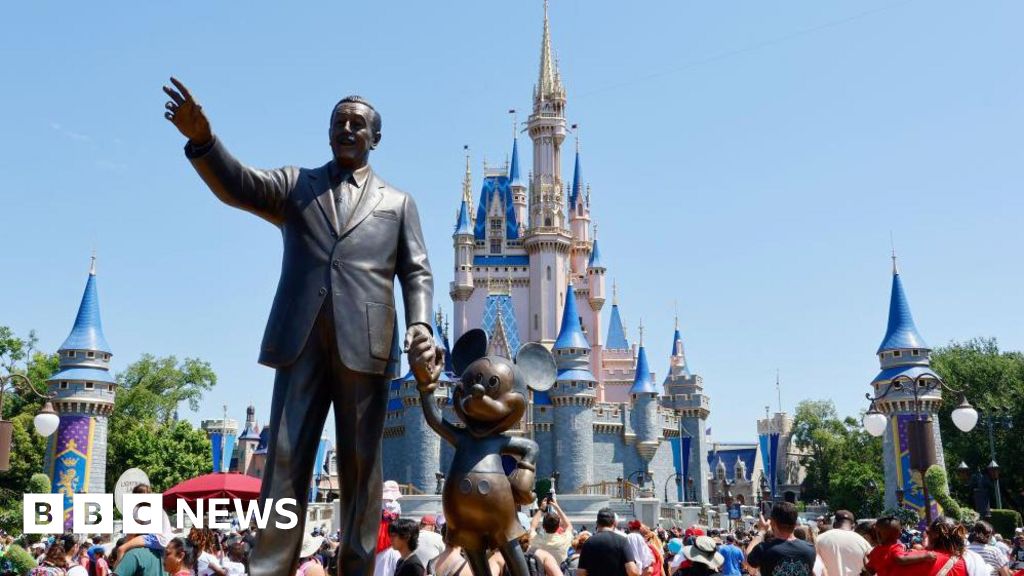
Disney Under Scrutiny: A Deep Dive into the DEI Debate
The entertainment giant, Disney, finds itself at the center of a brewing controversy, facing a formal investigation into its diversity, equity, and inclusion (DEI) initiatives. This investigation, launched by a government agency overseeing the television industry, signals a broader, potentially contentious shift in the national conversation surrounding DEI in corporate settings.
The core of the investigation revolves around whether Disney’s DEI programs comply with existing regulations and if they potentially violate any existing laws. While specifics remain limited pending the investigation’s outcome, the probe’s initiation raises fundamental questions about the intersection of corporate social responsibility, government oversight, and the very definition of “fairness” in the workplace.
For years, Disney, like many large corporations, has publicly championed diversity and inclusion. This commitment has manifested in various ways – from increased representation in its films and television shows to internal programs aimed at fostering a more inclusive workplace culture. However, this commitment to DEI has not been without its critics. Some argue that such initiatives are performative, lacking genuine substance and leading to tokenism rather than true systemic change. Others claim that certain DEI programs could even be seen as discriminatory, potentially violating the principle of equal opportunity employment.
The investigation’s focus on Disney’s practices underscores a larger national debate about the appropriate role of government in regulating corporate DEI initiatives. Some argue that businesses should be free to implement DEI programs as they see fit, without excessive government intervention. They believe that mandating specific quotas or approaches could stifle innovation and ultimately hinder progress toward a more inclusive society. Conversely, others maintain that government oversight is crucial to ensure that corporations do not simply pay lip service to DEI principles, but genuinely create equitable and inclusive workplaces free from bias and discrimination.
The central conflict at play seems to be rooted in differing interpretations of fairness. While the stated goal of DEI initiatives is to create a level playing field, concerns are raised that some approaches might inadvertently create an uneven playing field by prioritizing certain groups over others. Finding a balance that promotes inclusion without potentially creating new forms of discrimination is proving to be an incredibly complex and nuanced challenge.
This investigation carries significant implications, not only for Disney but for other large corporations with extensive DEI programs. The outcome will likely influence how companies approach DEI initiatives in the future, shaping their internal policies and potentially setting legal precedents. Furthermore, the investigation will undoubtedly amplify the ongoing national conversation about the appropriate role of government in shaping corporate social responsibility and the ever-evolving definition of workplace equality. The coming months will likely see intense debate and scrutiny as the investigation unfolds, and the fallout could redefine how we approach DEI in the years to come. The details revealed in the investigation could well become a case study in the challenges and complexities of navigating the ever-evolving landscape of diversity, equity, and inclusion in the 21st century.



Leave a Reply